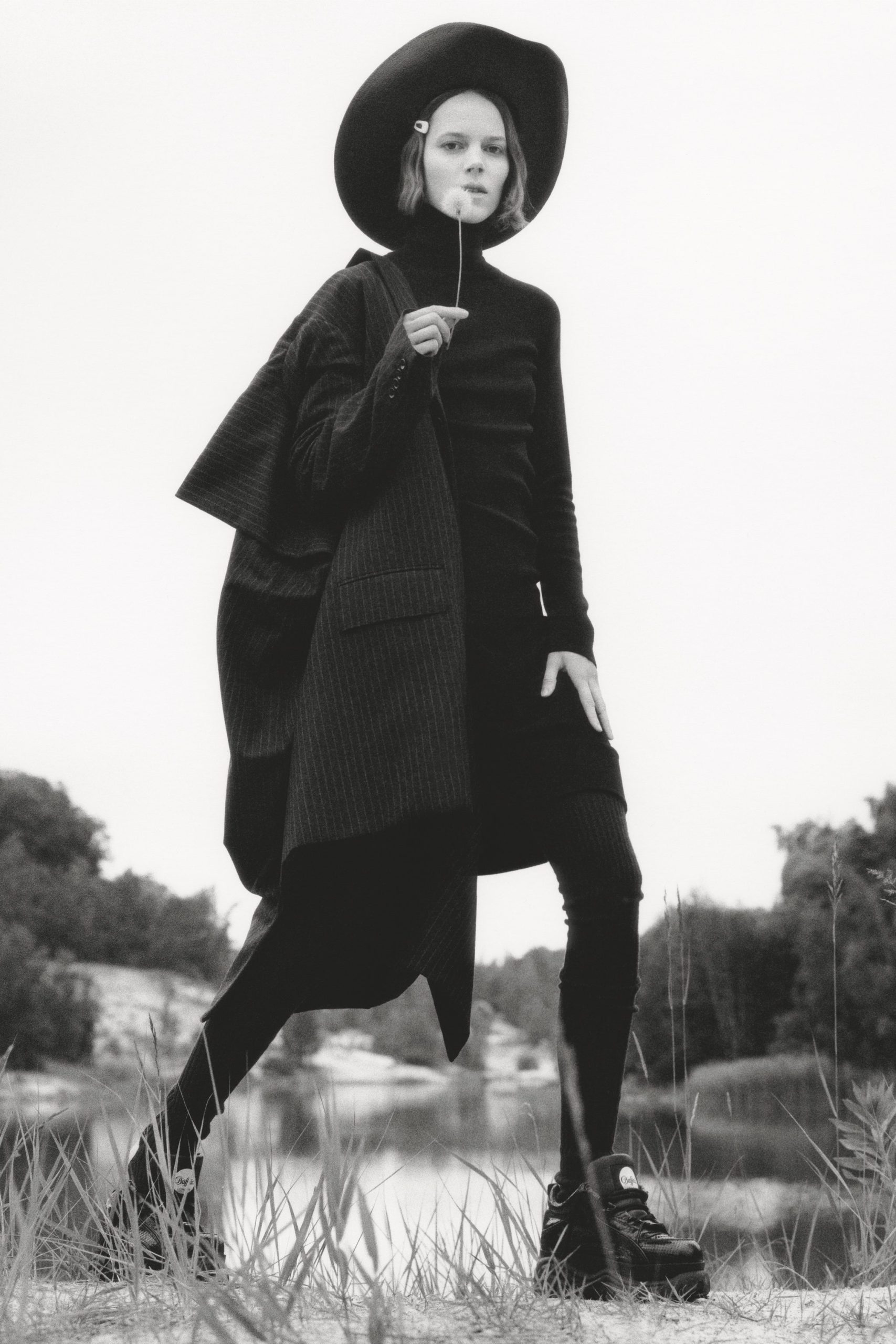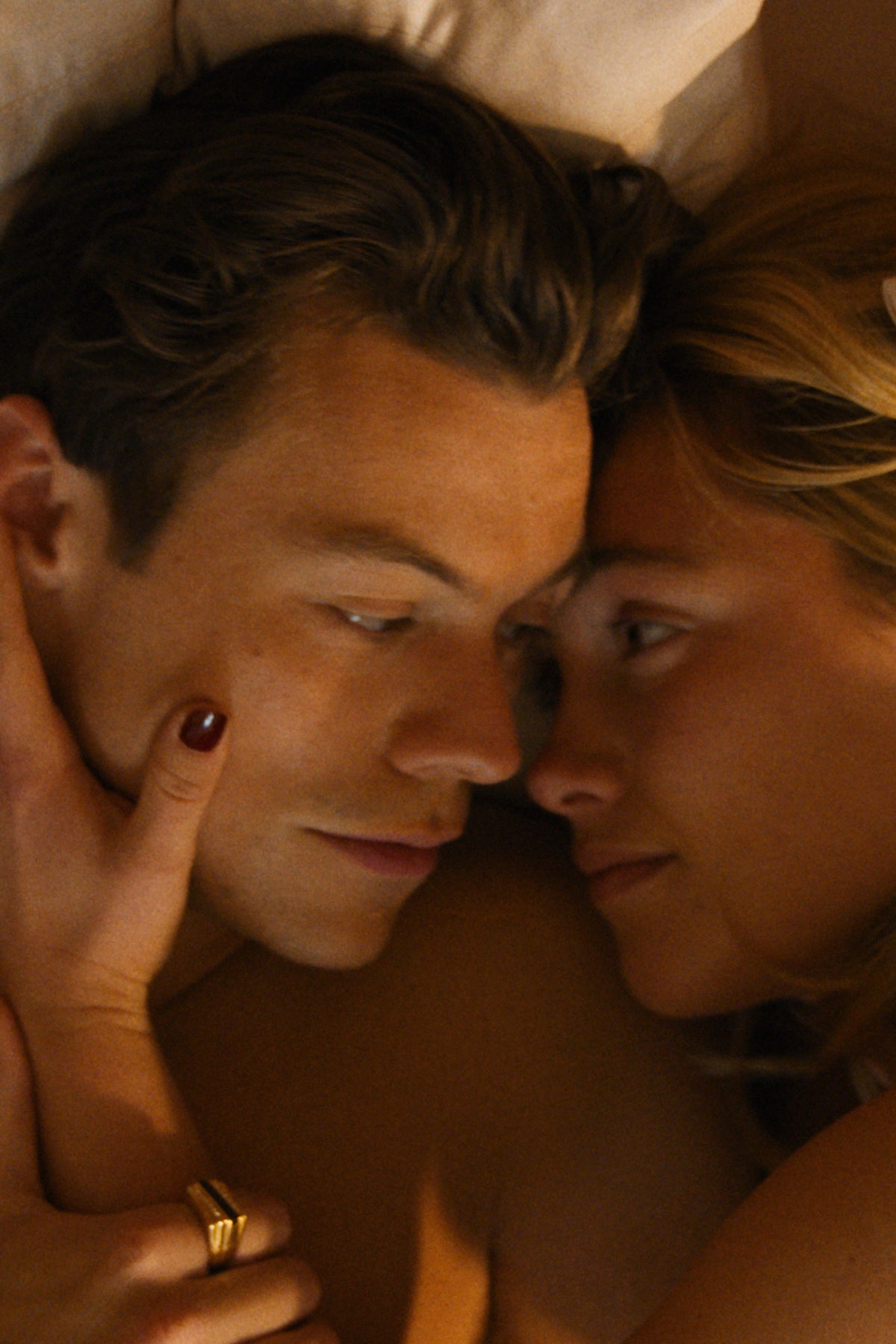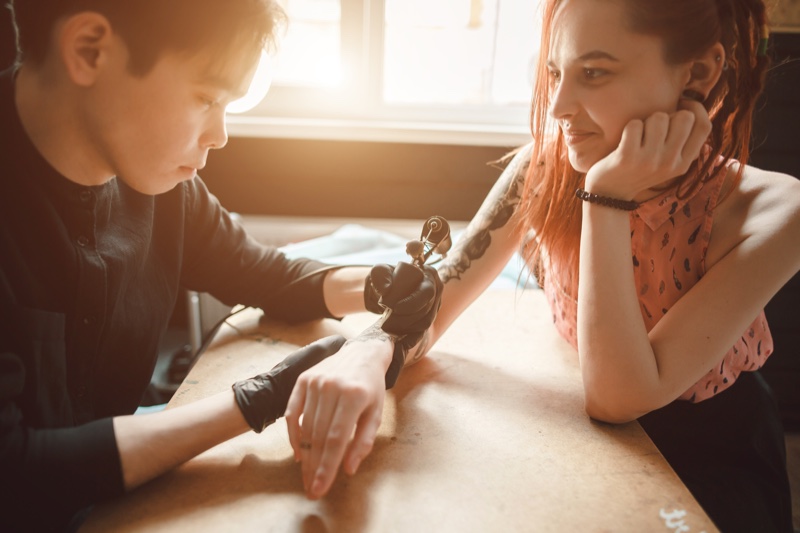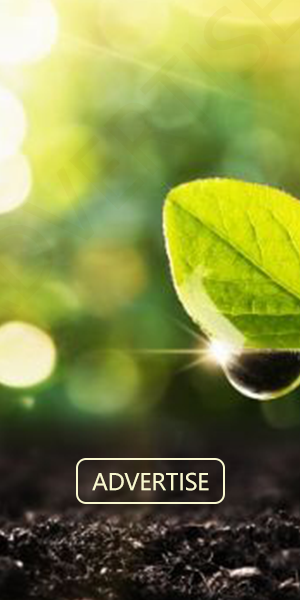I’ve all the time recognized my grandmother. It appears a foolish factor to say. However then the other assertion is true, too. For the primary 33 years of my life, I didn’t actually know her in any respect. Or, quite, I knew one model of her, as smoothed by repeated dealing with because the “particular stones” my sister and I used to gather from the dried-up riverbed close to her home in northeastern Italy, the place huge corn fields meet the Alps. We had fossilised her and carried her round in our pockets since childhood, by no means questioning the solidity of the picture: the quintessential nonna; a benign nonagenarian, whose comfortable arms may cowl my whole face, whose apron pocket contained greater than appeared attainable (sweets, scissors, thimbles, needle and thread, studying glasses, the TV information…), and whose tales we had all heard 10,000 instances. We tended to think about them as monologues, requiring nothing of us, as a lot part of the household weight-reduction plan because the modest however scrumptious meals she cooks.
I’d be exaggerating if I stated all this modified one summer time a number of years in the past, though the seams did begin to fray (an analogy apt for this girl who spent her life working up garments on her trusty Necchi machine). That’s what occurs if you begin asking questions.
It began with dandelions, whose leaves we now have all the time eaten, heat and wilted, slicked with olive oil and a splash of lemon. They punctuate our meals and our conversations, by no means failing to elicit the story of Nonna rousing the suspicion of the locals in Manchester, the place she had emigrated after the Second World Warfare, as she combed city wastelands gathering the darkish, fortifying greens. “The English by no means knew how good dandelions style!” One man’s weeds are one other’s treasure.
“The place would you place them?” I requested one evening at dinner, because the dandelion bowl handed from hand at hand, bobbing and weaving previous steaming dishes of polenta and a wealthy stew of untamed boar.
Nonna checked out me blankly.
“In your apron? In a bag? A plastic bag? Did they even exist within the ’50s…?”
“I don’t keep in mind,” she stated finally. “Che importa?” What does it matter?
I made a decision that, after a long time of letting this story wash over me, it did matter – all of them did. The following morning, we sat down collectively, the blinds dropped in opposition to the oppressive warmth of the plains. Round us have been scattered yellowing pictures and different gadgets – a votive candle, an handle guide, a postcard from a pricey previous cousin, a lock of hair – often confined to the chaos of the cabinet above the TV (the place you’ll additionally discover biscuits and an obscene quantity of paracetamol).
,
“So inform me,” I stated. “Begin at first…”
I meant her start in 1926 in Mussolini’s Italy, however she appeared to not hear me. I had frightened that her consciousness of my telephone, propped up on a packet of biscuits, recording our dialog would make her clam up; the truth is, it appeared to have the other impact. Like an excited schoolgirl, she began on three issues directly, the tales starting and ending abruptly in mid movement. I heard once more concerning the earthquake, the key coronary heart assaults, the nervous breakdown, the misplaced baby. And the one about being serenaded by the person who would develop into her husband; a few bike trip and all of the younger males in swastika armbands; concerning the time she didn’t kiss her father goodbye as a result of “he didn’t appear to be himself” (he died quickly after); and the evening she had a imaginative and prescient that the household’s unhealthy luck would change. Particulars have been left hanging like unfastened threads, typically accompanied by a gesture, a shake or nod of the top, a shrug or sigh. She had been inviting our questions all alongside.
The depth of Nonna’s speak made me fear about what I had began – what may this nice opening-up do to somebody so superior in her years? – and I felt a daunting sense of accountability. I had by no means seen her cry and now I noticed it within the data that my very own questions (“After which what occurred?”; “And what grew to become of him?”) had provoked it. I believe we each knew, for various causes, that we needed to speak till the speaking dried up, to make it depend. Once I returned to England, I phoned her each Friday at 10am – an appuntamento scheduled in order to not conflict along with her two most sacred hours: the televised mass and lunchtime – to proceed “our venture”.
It was as if I used to be assembly Nonna for the primary time. I requested numerous questions – basic, first-date sort ones like: “Who was your favorite writer?”, and private ones like, “What did your dad scent like?” Some made her chortle, others introduced anguish, nonetheless contemporary after half a century or extra.
I believe she intuited earlier than me that I’d write a guide. Maybe she had recognized all alongside. On my subsequent go to, she gave me her diary and identified that my work as a author/editor and hers as a seamstress weren’t so totally different. It’s true that I “nip” and “tuck” and “tweak” sentences as if altering a costume. She was feeding me on this respect, too, then – handing me fragments, urging me to sew them collectively. She needed to see what my arms may do.
Whereas she revisited and reclaimed the weather of her previous, rekindling misplaced familiarities – completely satisfied reminiscences of her beloved father alongside bitter ones of her mom – my very own sense of familiarity started to unravel. The mounted picture of Nonna receded; an archetype was changed by a respiration girl, whose sophisticated ideas, emotions and experiences wouldn’t be tidied away within the cabinets of the previous. She was as a lot alive as I used to be, or – insofar as life is the sum of all our loves and losses, pleasures and pains – extra so.
I suppose what I’m saying is: ask questions, particularly about one thing you assume you already know off by coronary heart. After which hear such as you’ve by no means listened earlier than. Gobble all of it up.
Dandelions by Thea Lenarduzzi is out now
,













